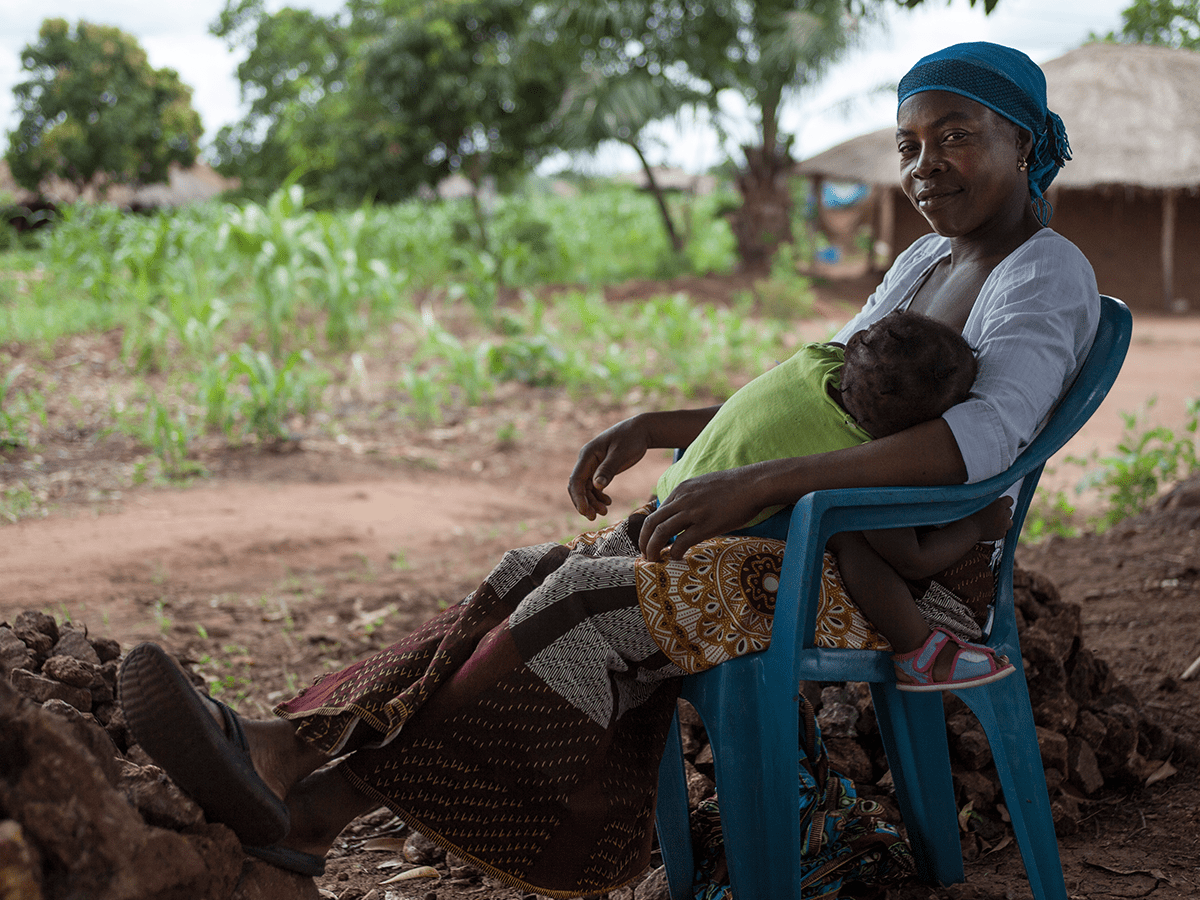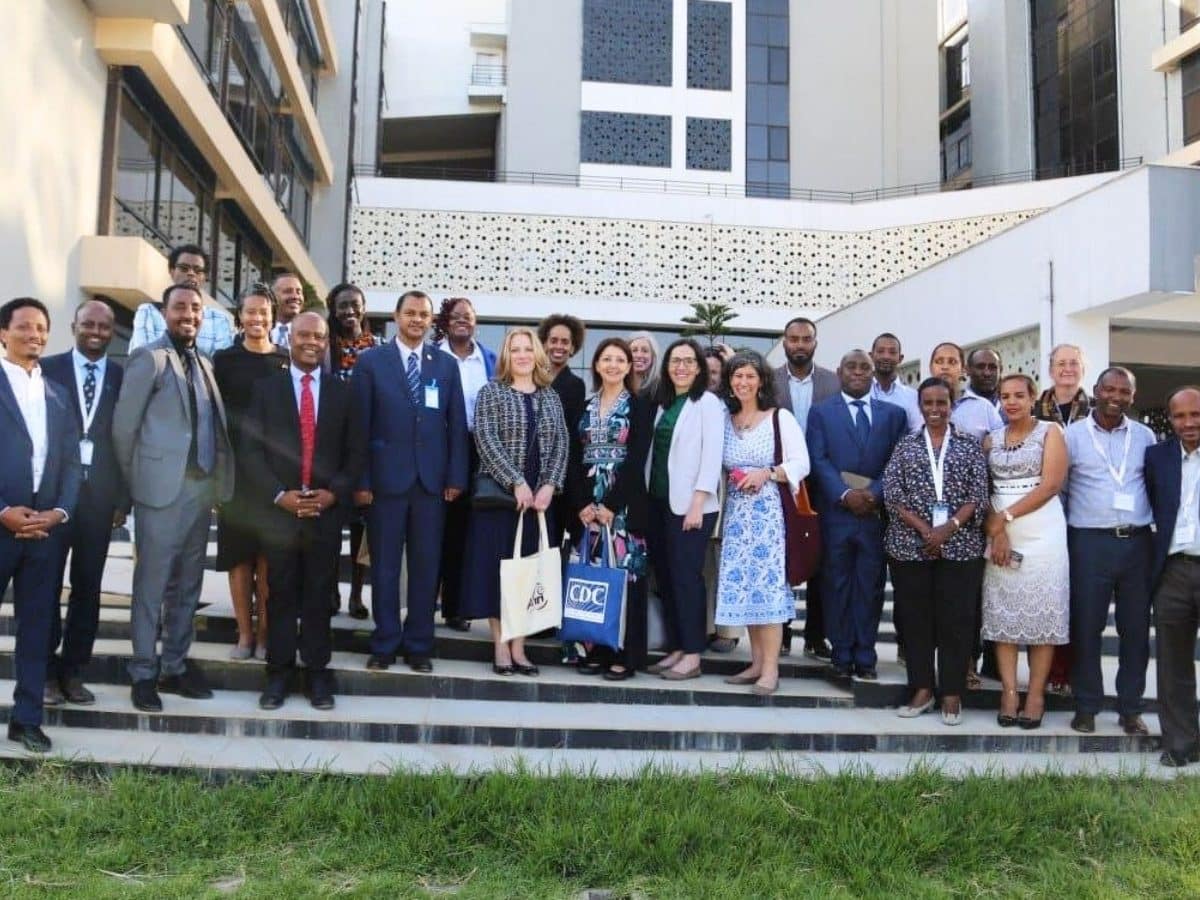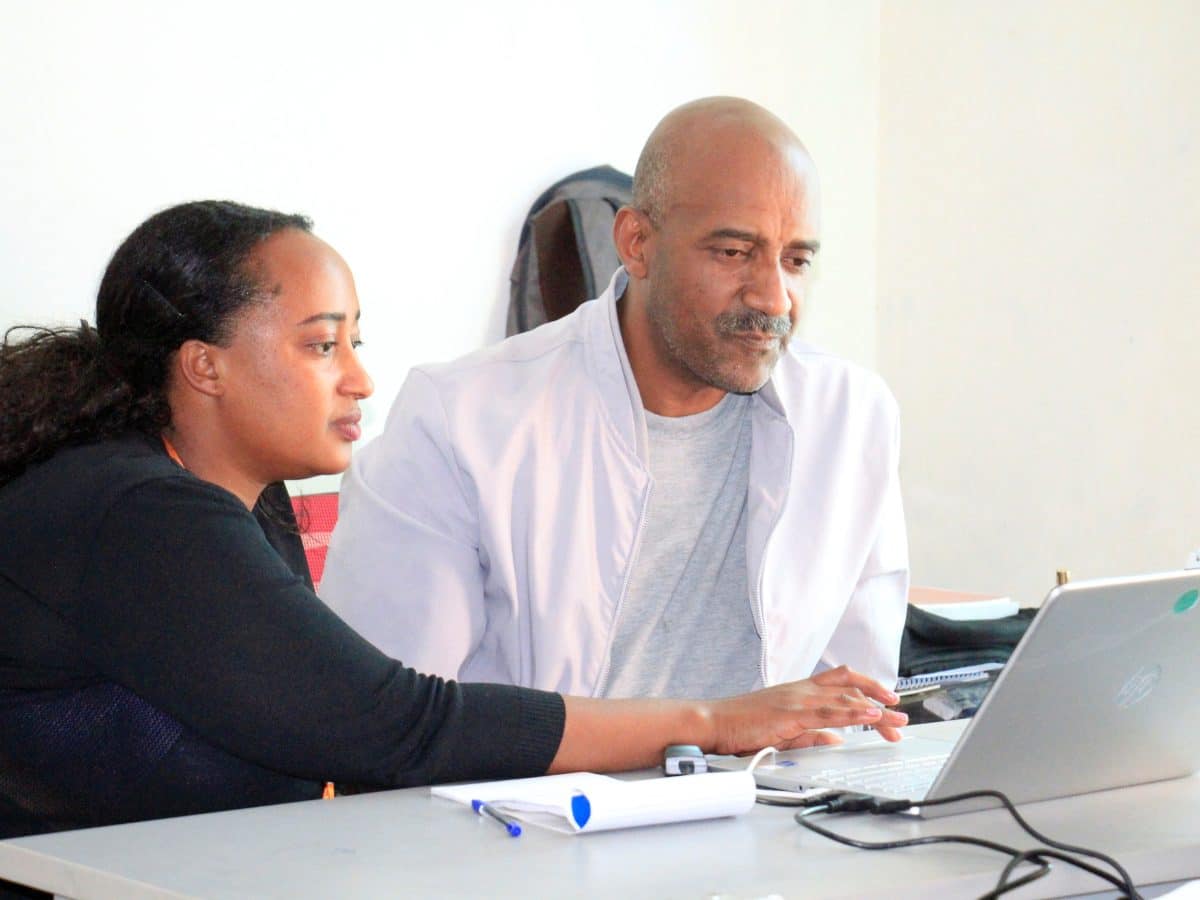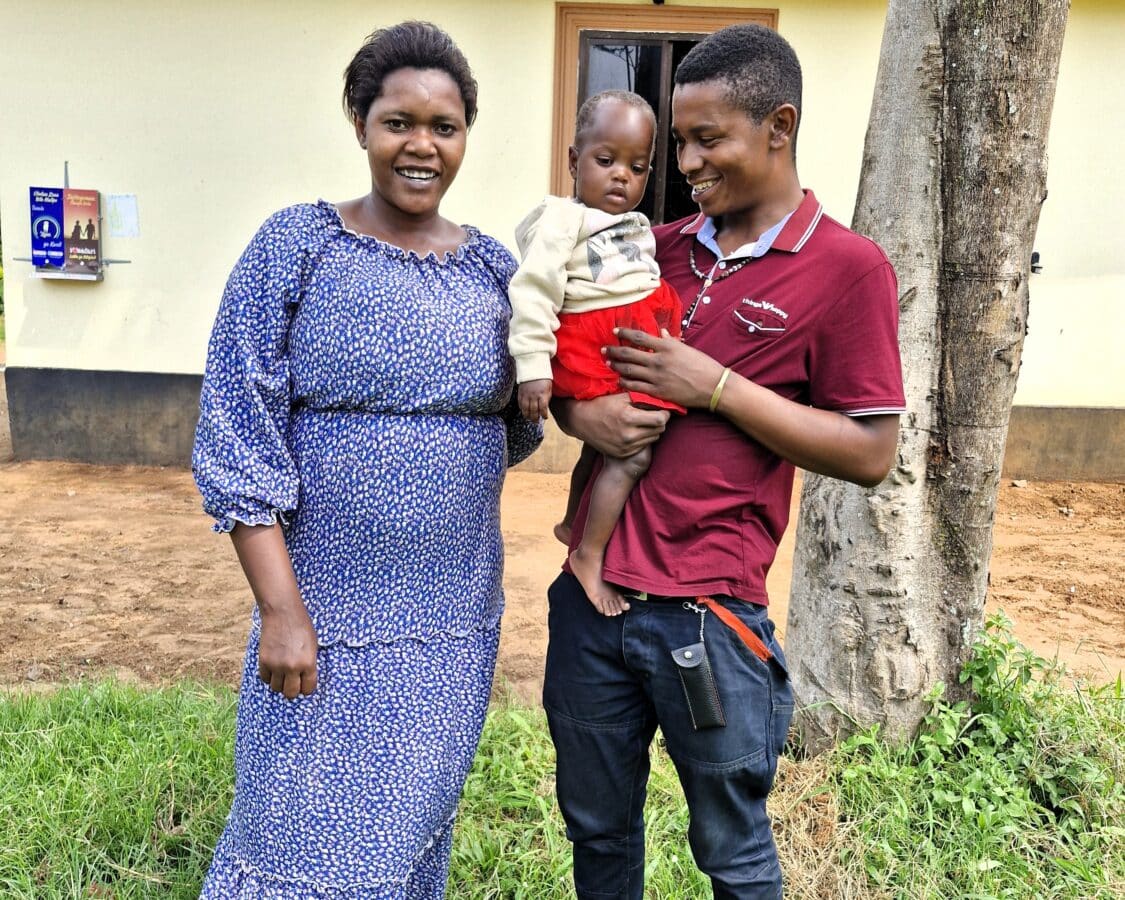People around the world are facing new challenges for health because of climate change and Mozambique has been particularly hit hard by changing weather patterns. The country, which ranks third in Africa for vulnerability to climate change, has a history of natural disasters exacerbated by its long coastline and river basins prone to flooding.
Climate related disasters—such as cyclones, tornadoes and flooding—are predicted to become more common and severe, as are other changes such as drought, the extinction of pollinators, and temperature extremes. These changes ripple outwards and significantly impact health outcomes; severe weather events can physically block routes to health facilities, damage infrastructure, displace health care workers, and create conditions in which diseases spread more rapidly. As health ministries around the world prepare for future emergencies, there is a need to focus on anticipating, preparing and alleviating climate-related disruptions in health systems.
Following two catastrophic cyclones—and in an effort to strengthen Mozambique’s response to future disasters—ICAP will conduct a post-disaster review of local and national responses to the recent cyclones, as well as a situational analysis of areas most impacted by the disasters, in partnership with Columbia University’s Earth Institute. A comprehensive emergency preparedness and response plan will be developed by ICAP and will include distilled lessons learned and recommendations to inform future national strategies and responses in Mozambique and case studies tailored for national leadership. ICAP’s team of researchers will also lead the development of a series of decision-making tools and predictive models including the development of risk maps for diseases which are heavily linked with increased precipitation and warming temperatures, including malaria and cholera. The initiative will serve as a model to inform other countries in the region as they plan for similar threats.
ICAP’s Andrea Low, principal investigator on the project, has been at the forefront of research at the nexus of public health and climate change around the world with a special focus on the impact of climate change and drought on HIV and risk behaviors in southern Africa. “The impact of climate change on human health is becoming increasingly evident with natural disasters like the cyclones in Mozambique starting a chain of events that allow for the rapid spread of diseases and overall decline in health. ICAP’s partnership with the Earth Institute in Mozambique will provide critical data to decision makers at all levels of the public sector to minimize shocks from natural disasters by targeting the myriad factors that adversely impact public health in times of crises. We are excited for this work to serve as a best practice for the region as it adapts systems in response to the ongoing climate crisis.”








